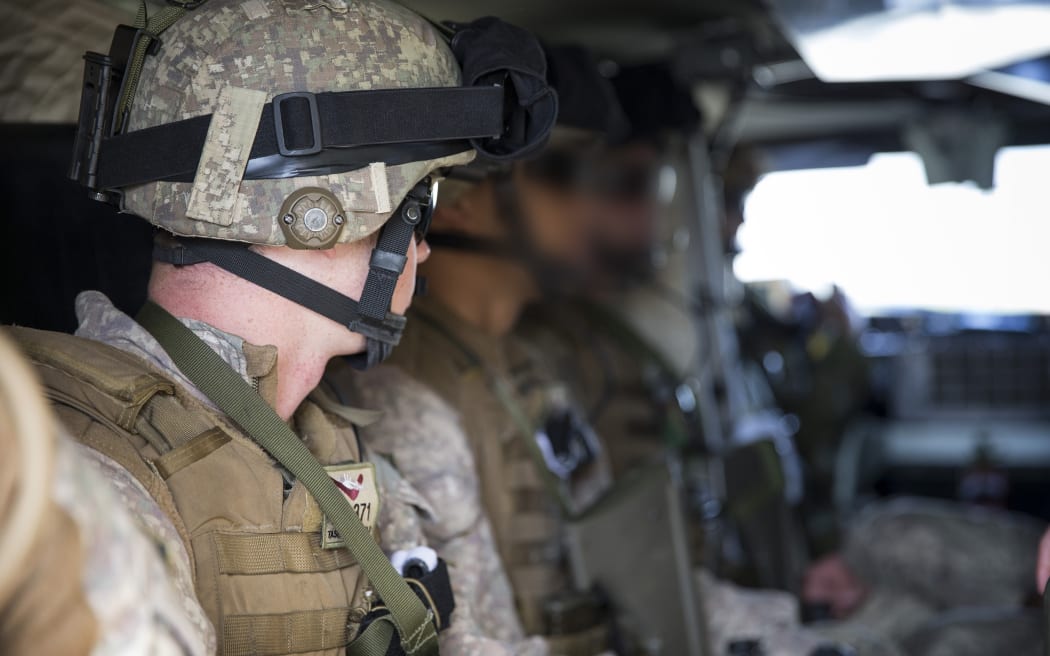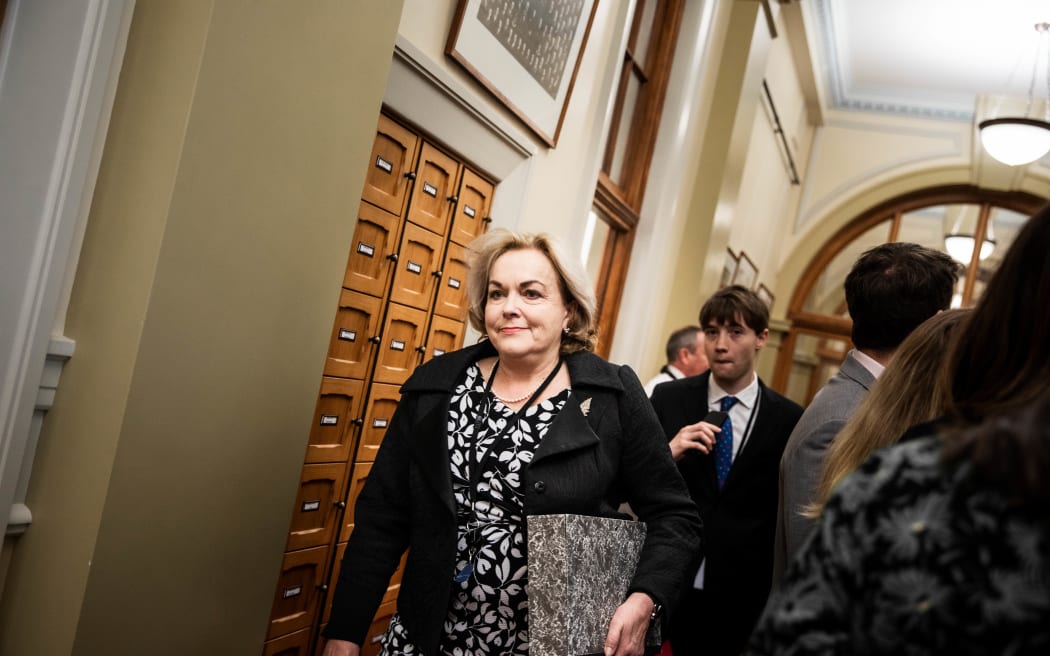
File photo. Photo: NZDF
The coalition government will have to make some tough calls on defence spending this term to help the force address staff shortages and ageing infrastructure.
"These are huge, huge amounts of government spending. It's a significant proportion of the government's capital spend each year," Professor David Capie said.
Capie, the director of the Centre for Strategic Studies at Victoria University, said all the navy's ships bar the Aotearoa tanker needed to be replaced by the mid-2030s.
"One of the problems is successive governments have kicked the can down the road on some of these issues," he said.
"To be fair the previous government made some big calls in terms of replacing the P3s with the P8s and the purchase of the new Hercules but there are just all these looming decisions that need to be made."
The defence force is reporting a "reduced capacity" to provide humanitarian and disaster relief during the 2023-2024 high-risk weather season in the South Pacific.
Former defence minister Andrew Little said there was a lot on the line in the coming years, including New Zealand's reputation with Pacific partners.
"The reality is investment in platforms and infrastructure for our New Zealand Defence Force has been way behind what it needs to be," he said.
"I think a challenge for the new government is to ensure they maintain the confidence of our serving personnel and give confidence to New Zealand that our defence capability is in good shape."
Labour promised an independent Remuneration Authority - to set fair rates and allowances for those in uniform - before losing the 2023 election.

Defence Minister Judith Collins. Photo: RNZ / Samuel Rillstone
Settling into her new role, Defence Minister Judith Collins said she would back the force, though it was not clear if it meant higher pay.
"One of the most important things I believe I can add is to be a minister of defence that supports our defence forces and for them to know I've got their back."
RNZ asked if having their back mean paying them more?
"What having their back means is exactly what it's always meant. I've been someone's minister and that is always supporting them in their hour of need," Collins replied.
Prime Minister Christopher Luxon has dampened expectations on more defence spending, saying it would be "completely contingent" on the fiscal situation.
Collins was asked about committing to 2 percent of GDP, which would bring spending levels closer to what New Zealand's allies invest.
"I always think we need to be a little bit careful about making predictions or statements on that when we're going through a very tough financial crisis which we have now inherited."
Little said defence spending probably needed to sit somewhere between the current 1 percent of GDP and New Zealand's allies spending of 2 percent of GDP.
"Decisions about future investments in things like the future naval capability will inevitably push us further in terms of a higher percentage of GDP spent on defence.
"We'll need to do that if we want to respond effectively to issues both in New Zealand and in the Pacific and wherever else we need to go offshore."
Capie said tough calls would need to be made in the next two to three years as defence investments, like new frigates, took a decade to come into operation.
"The challenge with the situation we've got ourselves into is you've got all of these major platforms where the obsolescence is looming at the time in which there will be ministers saying they want money for a hospital, for schools or that we should be trying to spend less."
A review of what the government needs to spend to make the defence force fit for purpose is due back in September 2024.





